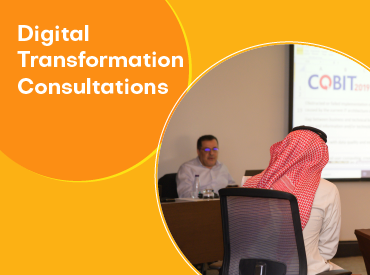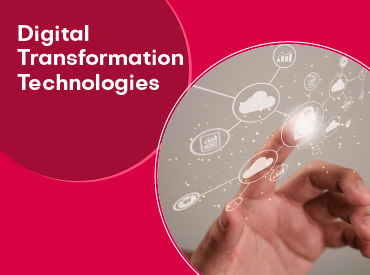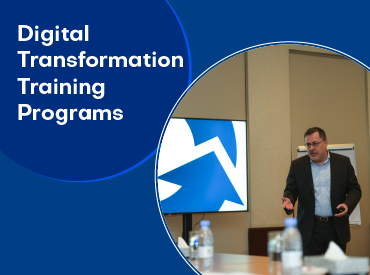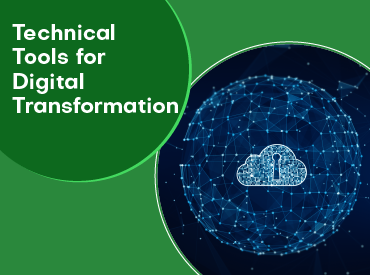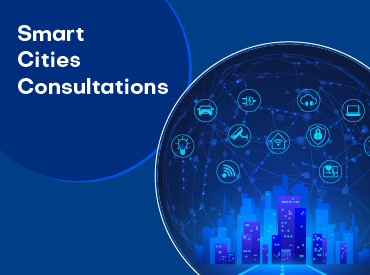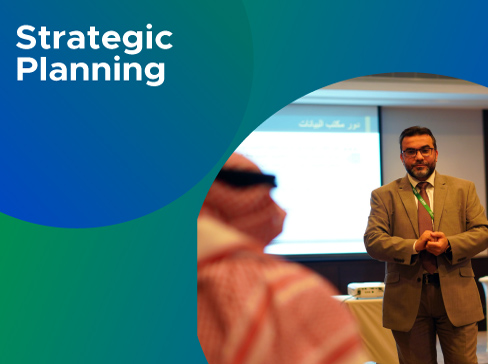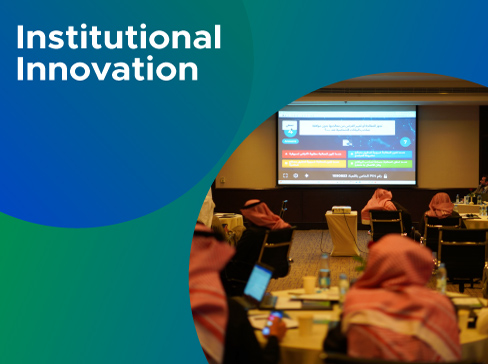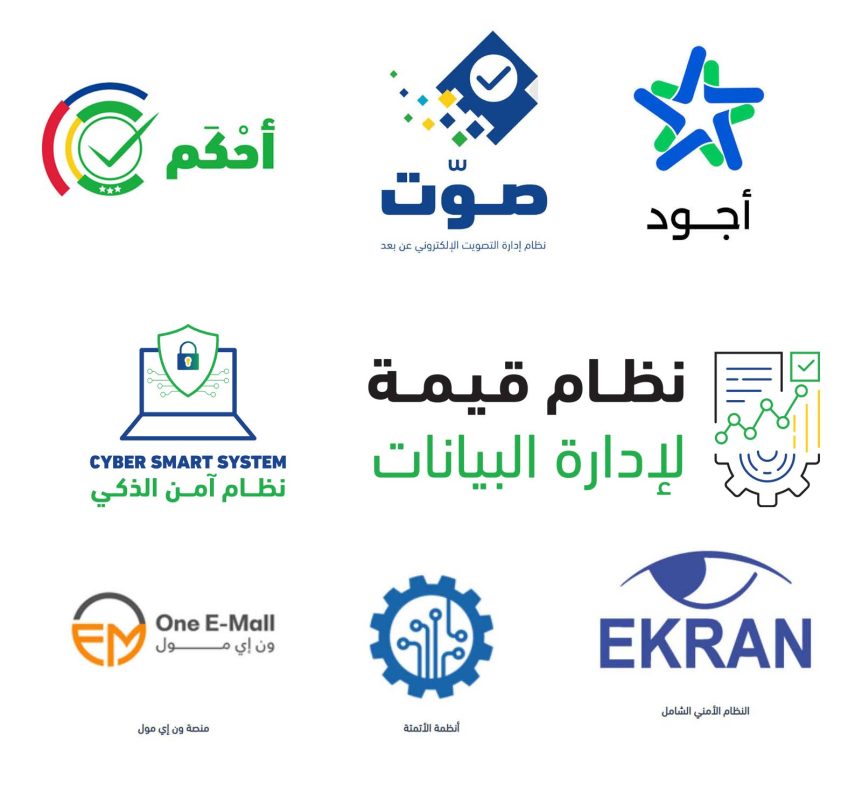
Digital identity emerges as an essential key to our integration into this advanced virtual world. It is like a digital footprint that carries with it the image of our personality and our contemporary life. It also reflects a glimpse of our identity and affects the way we interact with others and the services we use.
In this article, we will deal with its definition, importance, impact on our modern lives, and benefits for organisations and entities.
Then
What is a digital identity?
It refers to the electronic representation of the personality of an individual or entity on the internet, consisting of a comprehensive set of digital information and activities that are associated with a particular person or entity, usually including personal data, sensitive information, and a virtual identity that can be used to identify the identity of an individual or entity on the internet.
What constitutes a digital identity?
The electronic representation of a digital identity consists of a variety of elements, such as a username and password to access online accounts, as well as personal information such as full name, date of birth, address, phone number, and e-mail. It also includes online activities and interactions, such as participating in social media, commenting on blogs, making online purchases, and conducting electronic banking transactions.
The importance of digital identity in modern times
In our internet-connected and technology-saturated world, digital identity has become vital for our integration into an advanced digital society.
They represent a personal image of us and carry sensitive information that includes our interests and beliefs, as well as influence other people’s impressions of us and determine the way they interact with us.
It also enables us to access a wide range of services and information and contributes to building a strong social and professional network.

The benefits of digital identity in our lives
Here are some of the key benefits:
- Wide access to information: it allows us to access a wide range of information online so that we can search for any topic we wish and access educational content, news, articles, and tutorials, among others.
- Facilitate communication and communication: we can use them to communicate with others easily and effectively via social media, email, and instant messaging applications.
- Job opportunities and cooperation: contribute to job creation and professional cooperation where we can create digital profiles and personal websites to showcase our experience, skills, and previous work.
- Online shopping and services: we can use it to shop online and take advantage of the services provided by digital companies. We can easily buy products and services from online stores and various websites.
Access to government and health services: thanks to her, we can access online government services such as submitting applications, documents, and inquiries. We can also access online healthcare services such as remote medical consultations, scheduling appointments, and receiving medical results.
And now let’s move on to
Some of the benefits for organisations and government agencies
- Facilitate communication and interaction with customers and users via the internet
- Enable the effective delivery of digital services and e-commerce.
- Improve the customer experience by customising services and products according to digital identity.
- Facilitate security verification, registration, and two-factor authentication.
Government agencies: - Enable the provision of digital government services and interaction with citizens via the internet.
- Improve the efficiency and effectiveness of government processes such as certification of documents and submission of tax returns.
- Promote transparency and reduce manipulation and fraud by achieving for citizens.
Its benefits vary depending on the type of entity and the field in which it operates, and it also contributes to improving communication, efficiency, and security in many sectors, providing new opportunities and better experiences for users and customers.
The challenges of digital identity
We should deal with the challenges associated with them, such as electronic hacks, identity theft, and violations of privacy. Therefore, our optimal use of digital identity requires that we be careful and take the necessary security measures to protect our digital identity and personal information.
Security measures are needed to protect our digital identity.
, you need to take a set of security measures to keep your personal and financial information private and ensure that it is not accessed by unauthorized parties. Here are some basic security measures you can follow to protect your digital identity:
- Use strong passwords: you should use strong and complex passwords for your online accounts and change them regularly.
- Do not share personal information: you should not share personal information with any untrusted person or entity via the internet.
- Use of two-factor verification techniques: two-factor verification techniques such as sending a verification code on a mobile phone or email can be used to confirm identity and avoid fraud.
- Updating computer programmes and software: the computer programmes and software used should be updated regularly to maintain a high level of security and avoid security vulnerabilities.
Use antivirus software. Antivirus software should be installed and updated regularly to detect and respond to malware and viruses.
- Use antivirus software. Antivirus software should be installed and updated regularly to detect and respond to malware and viruses.
- Maintaining privacy on social media sites: personal information shared on social media sites should be minimised and privacy settings updated to ensure that information is not shared with unauthorised parties.
Verification of sent links: links sent in email or text messages must be validated before clicking on them.- Attention to financial statements: care should be taken to use credit cards and bank accounts with caution and retreat when any unusual or unauthorised activity is suspected.
- Security of users’ devices: care should be taken to protect your personal computer or mobile phone with a screen lock and secure it with a strong password. Avoid downloading unknown or suspicious programmes and applications.
Conclusion
We must enjoy the benefits and integration into the digital society while at the same time protecting our personal privacy and sensitive information.
We must take advantage of modern technologies intelligently, make ourselves aware of the challenges and risks, and follow the necessary security practises to preserve our digital identity and personal privacy. You can also use companies specialised in cybersecurity and data security
to increase the level of security, such as Renad Al-Majd (RMG), a leading company in Information technology.


